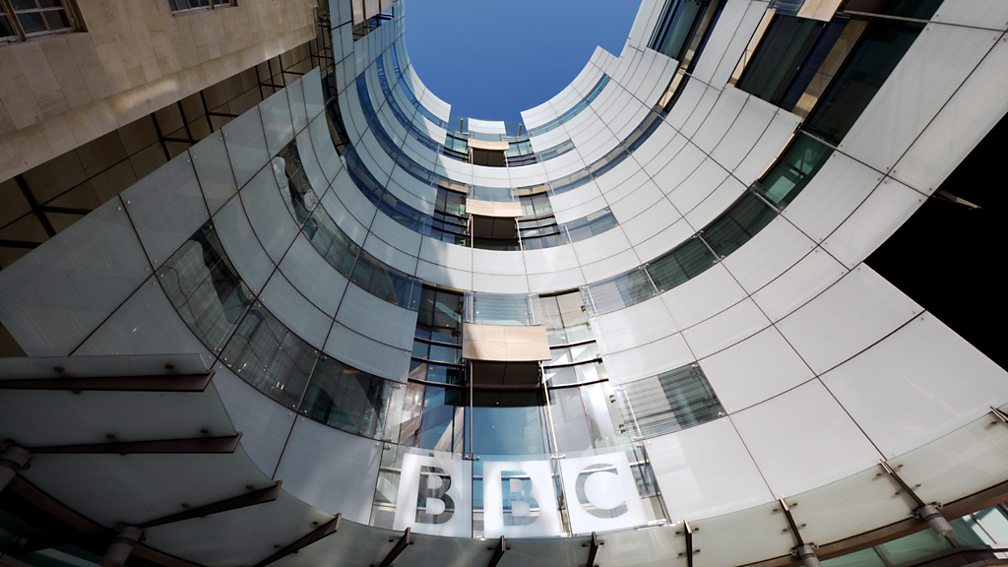In the ever-evolving landscape of voice assistants, the BBC is making waves with its innovative approach through Beeb, its own voice assistant. With an engaging potential to enhance user experience across its vast portfolio of radio and television services, Beeb has been launched in beta, specifically for members of the Windows Insider Program in the UK. This strategic initiative not only marks the BBC’s entry into a competitive sector but also signifies a commitment to independent service delivery, designed with the unique needs of its audience in mind.
Why Beeb is a Game Changer
The BBC’s decision to develop a voice assistant—a space currently dominated by tech powerhouses like Amazon and Google—stems from a desire for autonomy. By creating Beeb, the BBC aims to transcend the limitations imposed by existing platforms and curate a service tailored specifically to the preferences and cultural diversities of its audience.
Key Features of Beeb
- Accent Recognition: One of Beeb’s standout features is its ability to understand a range of British accents, ensuring inclusivity and accessibility for all listeners.
- Customised Content: Rather than relying on generic skills, Beeb promises an authentically BBC experience, filled with jokes from BBC comedy writers and relevant facts from beloved shows.
- Seamless Integration: Unlike third-party skills that might falter in functionality, Beeb is designed from the ground up, guaranteeing a comprehensive interaction with the BBC content catalog.
Under the Hood: Tech Partnerships
To realize its vision, the BBC has embarked on a partnership with Microsoft, leveraging Azure AI technology. This collaboration not only facilitates the development of Beeb but also aligns with the BBC’s ethos of maintaining a public service remit. Microsoft, free from competing content offerings, enhances the BBC’s ability to innovate without external pressures.
Building Trust with User Data
A strategic advantage of developing an in-house assistant is the ability to gather and analyze user data directly. This data can help refine Beeb’s features, tailoring them more closely to user preferences. By avoiding intermediaries, the BBC is poised to amass valuable insights that could translate into better services not just for the UK audience, but for international users as well.
The Future of Voice Assistants and Media Consumption
While the penetration of smart speakers in the UK remains modest—with research showing only one in five households owning one—the market is on the brink of growth. The BBC’s investment in Beeb signifies a proactive move to become a frontrunner in this emerging domain. Just as iPlayer revolutionized access to on-demand content years ago, Beeb is setting the stage for an innovative voice interface that addresses the needs of an evolving media landscape.
Conclusion: Navigating New Dimensions
The BBC’s launch of Beeb is an exciting development in the voice technology arena. By prioritising autonomy, embracing regional diversity, and leveraging advanced AI, Beeb embodies a media-centric solution that aims to elevate user experience beyond existing offerings. The future holds promise as Beeb moves closer to a full release, and its impact on how audiences interact with media could be transformative.
At fxis.ai, we believe that such advancements are crucial for the future of AI, as they enable more comprehensive and effective solutions. Our team is continually exploring new methodologies to push the envelope in artificial intelligence, ensuring that our clients benefit from the latest technological innovations.
For more insights, updates, or to collaborate on AI development projects, stay connected with fxis.ai.

